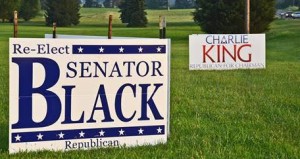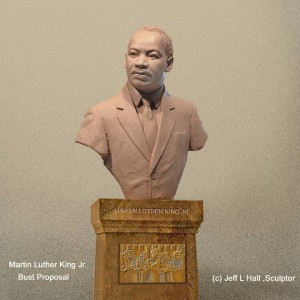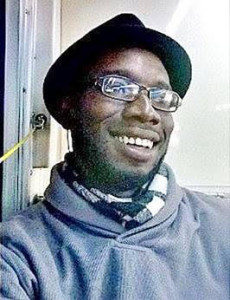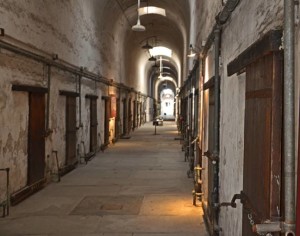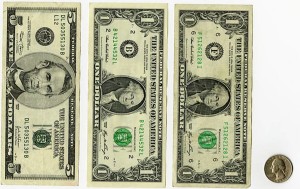We’re at high tide for Miss-ogyny in America and the poster child surfing this wave of sexist intolerance is “the Donald.”
Mr. Donald Trump is proud of the fact that he’s called women “fat pigs, dogs, slobs and disgusting animals” and he admits that this abuse goes “well beyond” his slander slap fight with Rosie O’Donnell.
Confronted with his sexist locker room remarks about a contestant on Celebrity Apprentice by Fox Correspondent Megyn Kelly during last week’s presidential debate, the Donald said, “I think the big problem this country has is being politically correct.”
Yeah, what’s this “correctness” thing? Are you supposed to respect women? Who knew? As Governor Christy might say, “forgeddaboudid.”
The Donald said, “I don’t frankly have time for political correctness.”
Donald is, by his own words, all about “hav[ing] a good time.”
As for Ms. Kelly who asked the question, the Donald said, “And honestly Megyn, if you don’t like it, I’m sorry. I’ve been very nice to you, although I could probably maybe not be …”
“The Donald” then twitted the night away not being very nice to the correspondent including the remark– “I thought Megyn [Kelly] behaved very badly.”
The bullying woman-bashing Donald makes himself out to be the victim because Ms. Kelly “outed” what a pig the Donald truly is. Now that’s chutzpah.
But this is not just about “the Donald.” The dog whistle war waged by Republicans against women was never for the Donald. He puts it right out there, unabashedly, and, when he did last Thursday night, somewhere in America a guy sitting in a lounge chair, a tall beer at hand, dropped his half eaten bag of Doritos, and arm pumped a cheer, for the Donald for saying it “like it is” – that “this country doesn’t have time” to be politically correct, and certainly not about women. Continue reading


